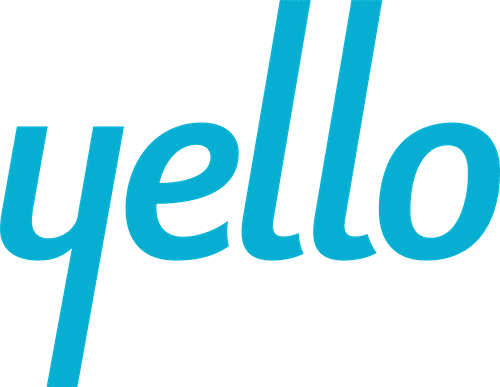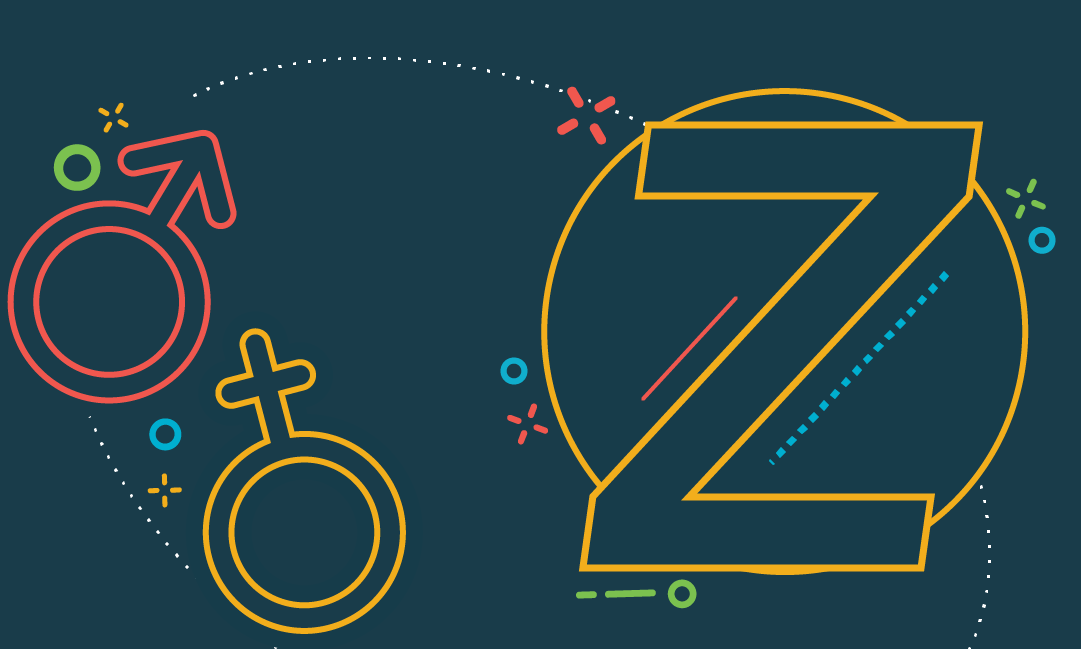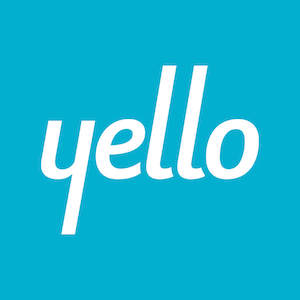The Pew Research Center is calling Gen Z the best educated and most ethnically diverse generation. According to their research, 62% believe increasing racial and ethnic diversity is good for society.
This year, the first members of Generation Z started graduating from college, giving employers another valuable talent pipeline to address skill gaps in a tight labor market. Still, employers shouldn’t assume they are “hungry.” Gen Zers know it’s an applicant’s marketplace, understand their worth and don’t mind waiting for their top choice employer to make an offer (according to the Yello 2019 Recruiting Study).
Employers can enhance their ability to find, attract, assess and hire members of this up-and-coming talent pool by tailoring a recruiting strategy to reflect their views and values, including those about diversity and inclusion.
Read on to find out what our Diversity in the Workplace Statistics Survey uncovered about Generation Z and diversity.
Gen Z Demands Workplace Diversity
Workplace diversity is important, especially to Generation Z. These new workforce entrants feel more strongly about the importance of workplace diversity than all survey respondents, as well they should – they are more diverse than any generation before them.
Is workplace diversity important?
Gen Zers factor an employer’s commitment to diversity into their decision-making processes about taking jobs and leaving them. They feel more strongly than all respondents about both, but especially about finding a new job if an employer doesn’t demonstrate a commitment to promoting a diverse workplace. (This should come as no surprise considering the value this generation places on transparency.)
A potential employer’s commitment to diversity would be an important factor in my decision to accept a job with them.
I would consider finding a new job if my employer didn’t demonstrate a commitment to promoting a diverse workplace.
In fact, when compared to responses from all employees who participated in the survey, a slightly higher percentage of Gen Z (73% vs. 70%) would be reluctant to take a job from a company without diversity in executive leadership.
I would be reluctant to accept a job from a company who claims it is diverse if it didn’t have any underrepresented employees in its executive leadership positions. (e.g., CEO, CFO, COO)
I would be reluctant to accept a job from a company who claims it is diverse if I didn’t meet any underrepresented employees during the interview process.
What’s more, a higher percentage of Generation Z (68% vs. 63%) would be reluctant to take a job from a company with no underrepresented employees involved in the interview process.
While you may not be surprised by Gen Z’s interest in transparency and employers walking the talk, here’s something that may surprise you… When asked the types of workplace diversity that matter most, age and racial and ethnic diversity did not top their list—personality did. Perhaps these new workforce entrants consider acquired traits (versus innate traits) as part of the definition of diversity.
When you consider your ideal workplace, what types of diversity in the workplace are among the most important to you?
The members of Generation Z agree that pay equity is the most important diversity initiative a company can undertake. However, their agreement is at a much lower percentage than all respondents and just 2% higher than their second choice – maternity and paternity benefits and accommodations for working parents.
Which of the below are most important to you when it comes to initiatives that support diversity in the workplace?
Gen Z agrees that diversity in the workplace impacts pay equity the most, followed by job satisfaction. Interestingly, Gen Zers believe productivity and innovation are impacted more than company culture (the opposite of how all respondents ranked these items). They also believe workplace diversity has a much bigger impact on community than all respondents.
In which areas do you think diversity in the workplace has the most impact?
Gen Z may be more accepting of employer brand messages. 82% (vs. 77%) believe it when a company’s communications say it’s committed to diversity. Beware! Transparency is vital to this generation, which considers itself forthright and candid. If the experience doesn’t match the word, this generation may start looking for work elsewhere.
If an organization claims to be diverse in its marketing materials, website and executive communications, I trust that it is diverse
Gen Z agrees with all respondents that the best ways to show a commitment to diversity is through representation in management, representation in executive leadership and diversity communications.
Which of the following best shows an organization’s commitment to promoting a diverse workplace?
While the members of Generation Z agree that networking with diversity organizations and diverse colleges are the best ways to recruit underrepresented talent, they rank job boards higher than all employee-respondents.
In terms of employee recruitment, what policies/initiatives do you consider most important for employers?
What Companies Can Do to Recruit Generation Z
Based on survey results, following are ways employers can strengthen their ability to find, attract, assess and hire Gen Z:
- Enhance diversity at your workplace – it means a lot to Generation Z and can even be the difference between whether one chooses to work for your organization or stay.
- Make sure there is diversity among the people in your recruiting, interviewing and hiring processes.
- Consider whether acquired traits – like personality and education – should be added to your definition of a diverse workforce.
- Evaluate whether your culture values individuality and truly allows your employees to be themselves at work.
- Commit to and report progress on achieving pay equity.
- Offer family-friendly benefits and accommodations.
- Include job boards as part of your sourcing options to reach Gen Z.
Learn More about Recruiting Gen Z
- Get to know the A, B, C’s of recruiting Generation Z by reading the 2019 Yello Recruiting Study.
- Make time to build relationships through face-to-face communications with Gen Z.
- Let Gen Z talent communities know about diversity in your workplace – what’s happening now, future aspirations and related activities.
- Consider whether workplace diversity should be embedded into your employer brand messages.
- Offer flexible work options and arrangements and benefits to show support of pay equity.
- Find out what other employers are doing to enhance workplace diversity.
Survey Methodology: The survey was conducted online within the United States by SurveyMonkey Audience on behalf of Yello between September 16 and September 26, 2019. It surveyed 500 full- and part-time employees, aged 18-73; 15% self-identified as Generation Z. Rounding leads some response totals to add up to more than 100% and in some cases, participants chose more than one response. .
Generation Z Shares Their Thoughts on Diversity
Of the survey participants who identified as Gen Z:
- 33% are women, 61% are men and 5% are non-binary (compared to 50%, 46% and 3%, respectively, for all survey participants)
- 22% are members of the LGBTQ community and 12% are allies (compared to 13% and 8%, respectively)
- 55% identify with a religion (compared to 61%)
- 22% self-identify as having a disability (compared to 18%)
- 21% are Hispanic/Latino; 42% are Caucasian; 26% are African American/Black (compared to 12%, 66% and 15%, respectively)
- 16% are military veterans or service members


